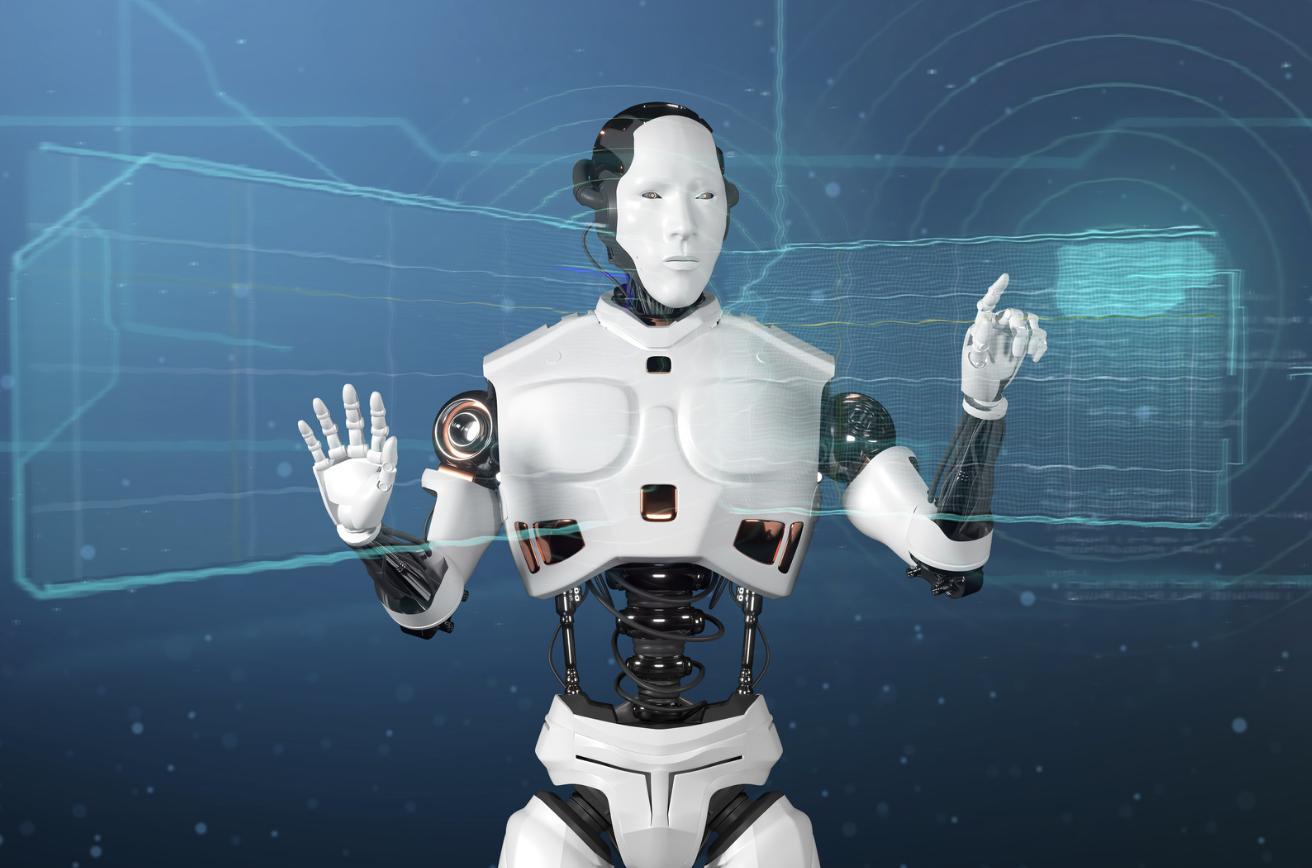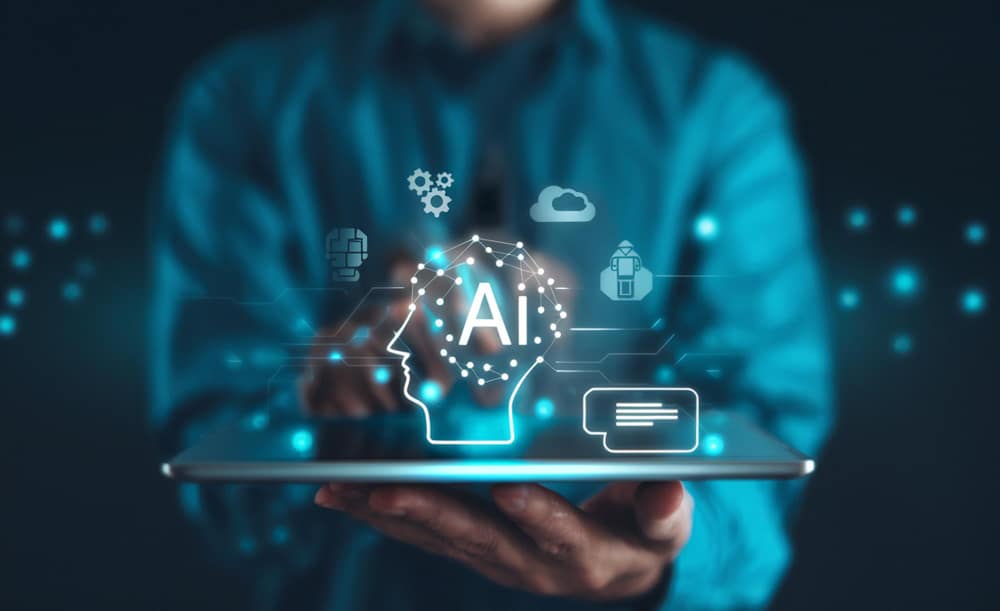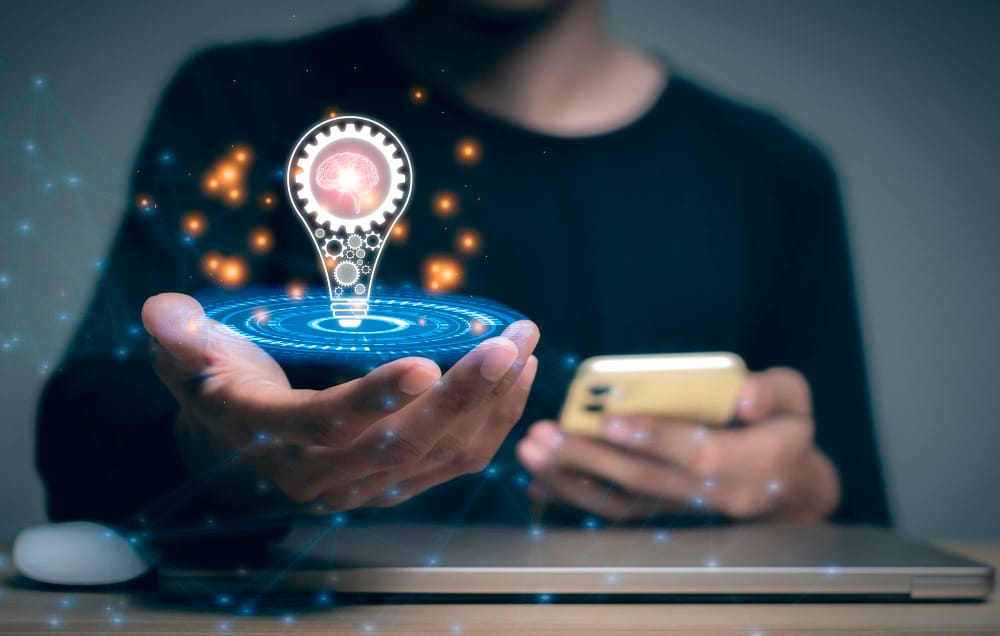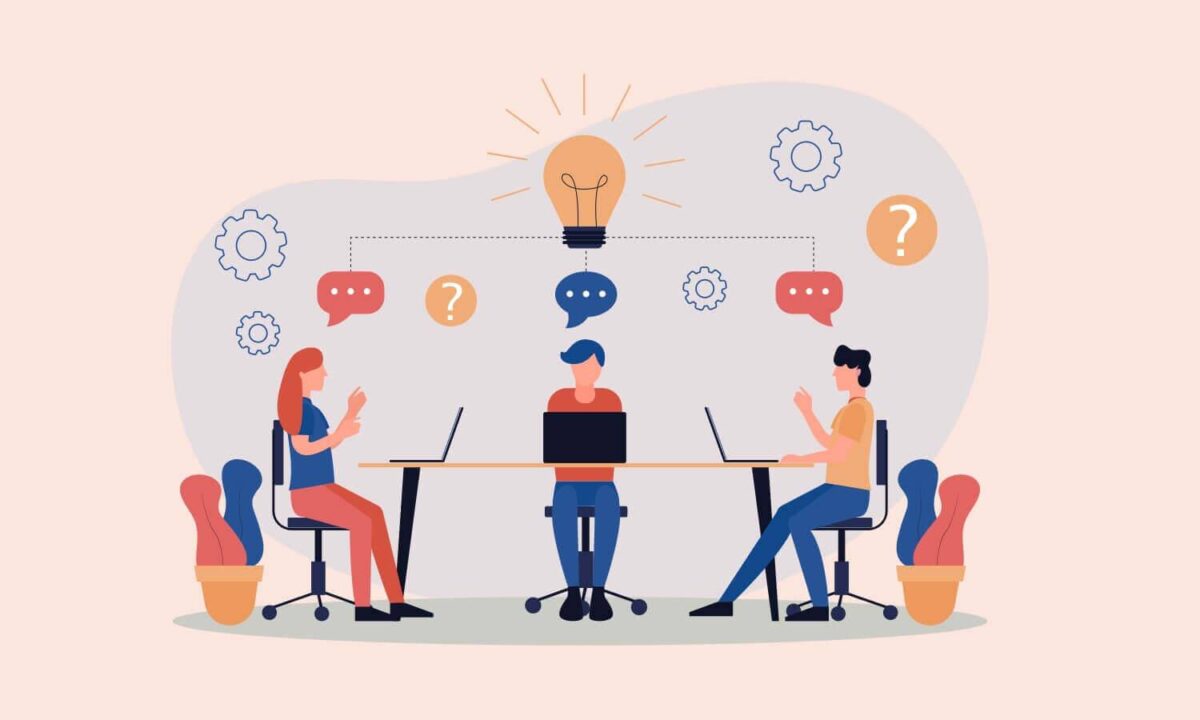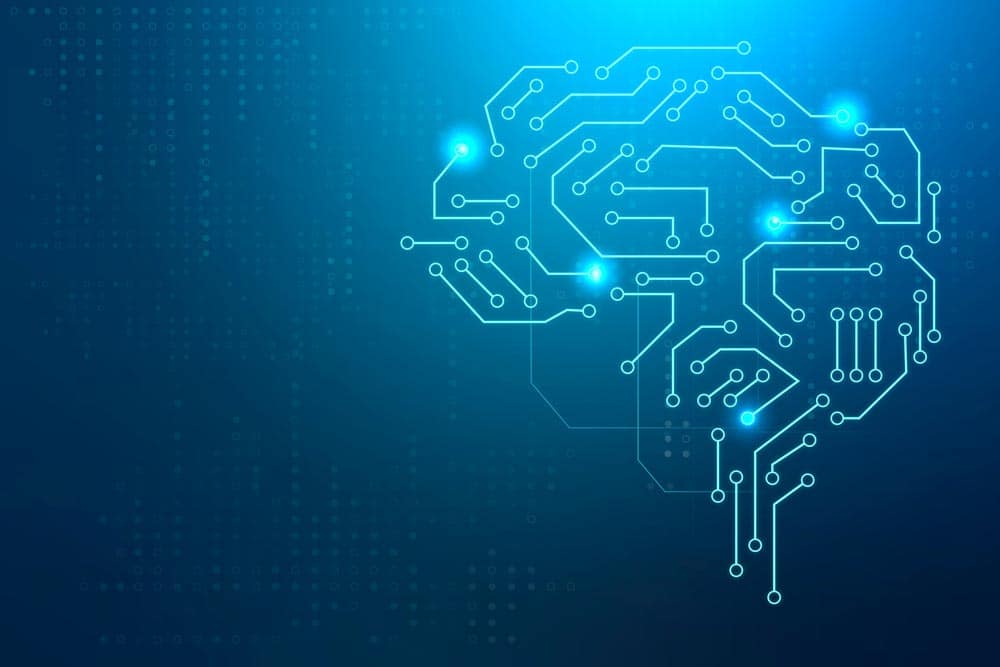Artificial intelligence is on the brink of a major breakthrough with the rise of AI agents—autonomous systems that can sense their environment, make decisions, and act independently to achieve specific goals. As we move into 2027, experts predict that many companies will pilot or deploy AI agents capable of performing complex tasks with minimal human input. These “agentic AI” systems have the potential to transform industries, streamline workflows, and improve decision-making.
So, what exactly are AI agents? Simply put, they are advanced AI systems that can observe their surroundings and take actions based on data inputs. These agents are designed to perform tasks such as coding, customer service, and even complex decision-making. Major players in the tech world, including Microsoft, IBM, and OpenAI, are already developing AI agents that will revolutionize sectors like healthcare, finance, and software development.
For example, AI agents could help businesses automate tasks such as scheduling, logistics, and data analysis, allowing employees to focus on higher-level creative and strategic work. In a smart city, AI agents could optimize traffic management by monitoring real-time data from vehicles and infrastructure.
The benefits of AI agents are clear: they offer greater productivity, reduce the burden of repetitive tasks, and can even help close the skills gap in industries facing talent shortages. These agents will also improve decision-making by offering data-driven insights, enabling organizations to make more informed choices faster.
However, AI agents also come with significant risks. They introduce new challenges around security, accountability, and job displacement. Without proper safeguards, the autonomous nature of these systems could lead to errors or unethical decisions. To mitigate these risks, it’s essential to implement oversight mechanisms, prioritize transparency, and establish clear ethical guidelines for AI deployment.
As AI agents continue to evolve, their impact on the workforce and society at large will be profound. They are poised to become digital companions or even “employees,” working alongside humans to tackle problems and drive progress. The key will be finding a balance between autonomy and human oversight, ensuring that these systems enhance our lives without compromising our values.
Most Recent Posts
Explore the latest innovation insights and trends with our recent blog posts.

